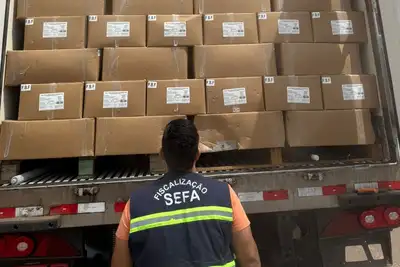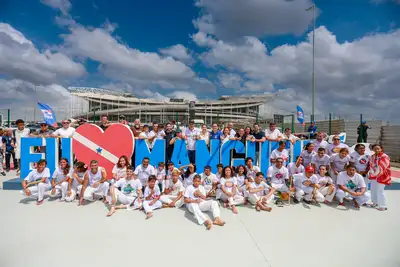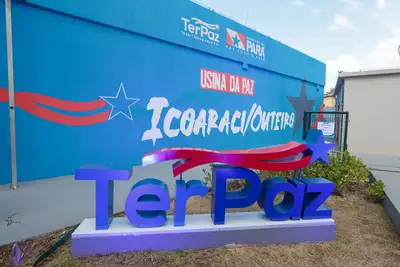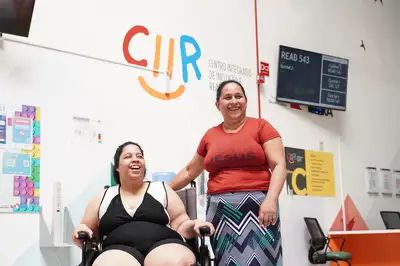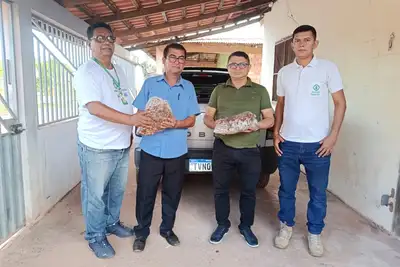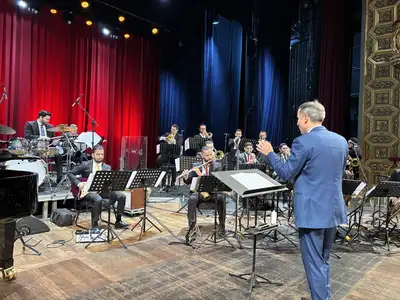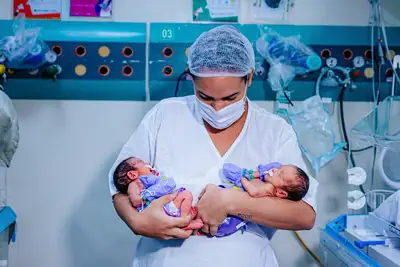Belém hosts training on public health emergencies focusing on QBRN risks for COP30
Event brings together health and security professionals for technical qualification aimed at responding to chemical, biological, radiological, and nuclear risks
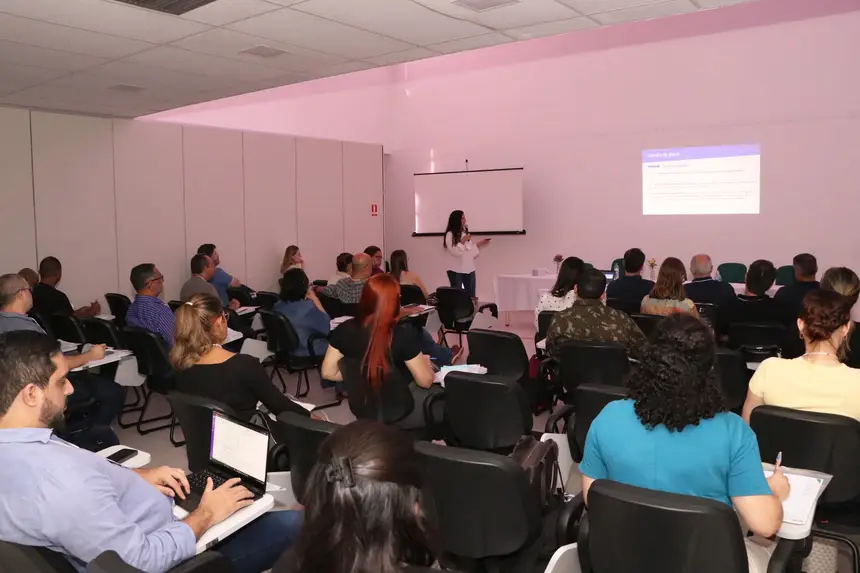
Professionals from various segments of health and public safety participate, from May 19 to 23, in the Training and Tabletop Exercise: Public Health Emergencies Associated with Chemical, Biological, Radiological, and Nuclear Agents (QBRN).
The training aims to qualify workers of the Unified Health System (SUS) to respond promptly to public health emergencies related to QBRN agents during mass events, with an emphasis on preparation for the 30th UN Conference on Climate Change (COP30), which will be held in November 2025, in Belém.
With an expected more than 40,000 visitors, according to estimates from the Getúlio Vargas Foundation, COP30 represents a significant logistical and organizational challenge for the city, requiring coordination among different levels of government and technical sectors.
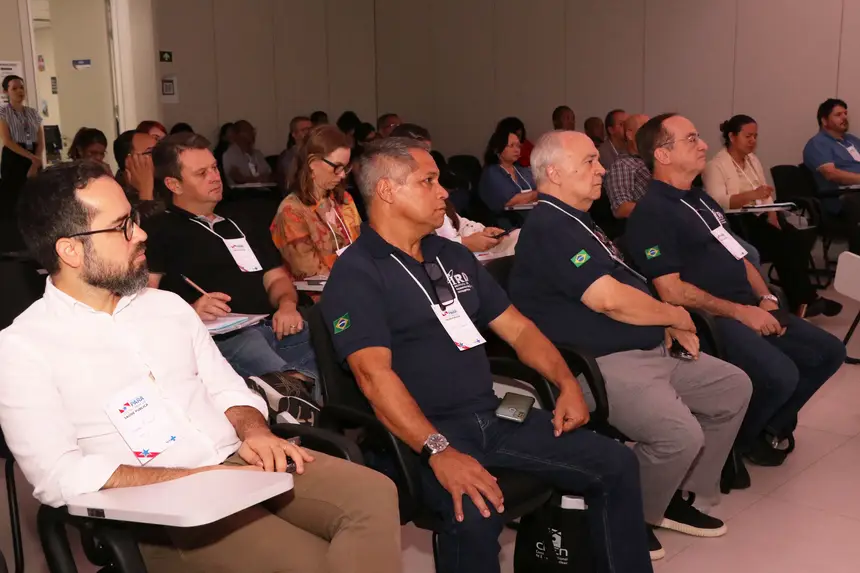
The training is based on the need for a coordinated response to possible risk situations involving hazardous agents, whether due to accidents, operational failures, or even intentional actions, such as bioterrorism or criminal use of chemical agents. In this context, technical action and inter-institutional coordination are essential to protect the population and ensure the sanitary safety of the event.
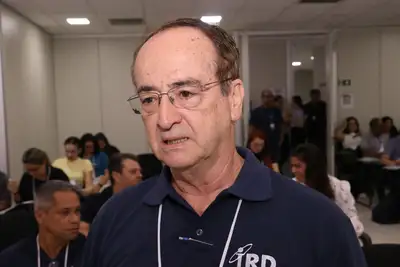
According to Raul dos Santos, representative of the Institute of Radioprotection and Dosimetry (IRD), the training is essential to expand technical knowledge in areas that are not part of the basic training of health professionals. “As preparation for COP30, this event aims to support the radiological and nuclear area, in addition to the chemical and biological ones. Our goal is to train people to recognize and respond to events with these agents, which usually do not fall within the traditional scope of public health,” he stated.

The technical director of Sespa, Carla Figueredo, emphasized that the initiative is part of Pará's integrated effort towards COP30. “This training is a direct preparation for COP30. Our focus is to strengthen the technical teams so that they are ready to act in complex situations, ensuring safety for the population and visitors. It is an essential step to consolidate a quick and efficient response in public health emergencies,” she stated.
Since 2024, the Ministry of Health has been promoting specific preparation activities for emergencies in large events, focusing on the QBRN component. The work involves the application of diagnostic tools, technical training, and simulations, as a way to test the already developed action plans and improve the response capacity of SUS professionals. Throughout this period, several training sessions and workshops have been held in Belém, culminating in the current training and the tabletop exercise scheduled for the end of the week.
Structured in four modules – radiological, chemical, biological emergencies, and tabletop exercise – the training offers theoretical classes, case studies, and practical activities focused on building joint protocols and strengthening the rapid response network. The approach aims to develop specific capacities, considering the regional context of the Amazon, which presents logistical and epidemiological peculiarities.
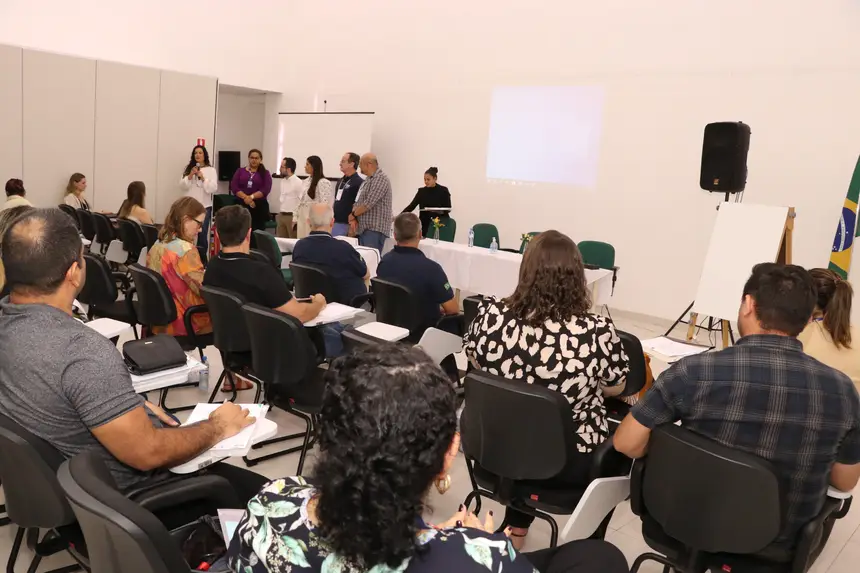
The State Secretary of Public Health, Ivete Vaz, highlighted the importance of the initiative. “Preparation for COP30 goes far beyond infrastructure. We are taking care of the technical preparation of our teams so that they are ready to respond to any type of emergency. This training is strategic to protect life and ensure a safe event for everyone,” she stated.
Representatives from the Brazilian Navy, 8th National Mobilization Center (CMN), Mobile Emergency Care Service (Samu), backup hospitals, State Surveillance (Cievs, Devs, Depi, and Visamb), Legal Medical Institute (IML), Death Verification Service (SVO), port and airport authorities, municipal and state focal points in QBRN, 1st Regional Health Center (CRS), State Central Laboratory (Lacen), and Evandro Chagas Institute (IEC), among others, participate in the training.
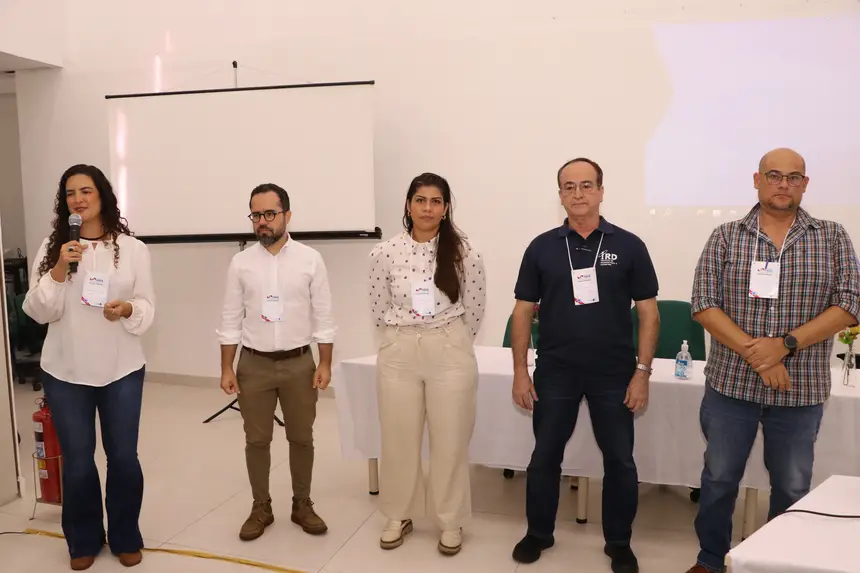
The activity is conducted by facilitators from IRD/CNEN and the QBRN team from the Ministry of Health, with support from the Public Health Emergencies Training Program (Profesp). The QBRN technical team and Profesp are from the Department of Public Health Emergencies of the Health Surveillance and Environment Secretariat of the Ministry of Health.
The training will contribute to strengthening the national capacity to respond to complex public health events, promoting integration, technical preparation, and network action. The training takes place in the auditorium of the Amazon Foundation for Support of Studies and Research (Fapespa), in Belém, and is promoted by the Ministry of Health, through the QBRN technical team and the Institute of Radioprotection and Dosimetry (IRD/CNEN), in partnership with the State Secretary of Public Health of Pará (Sespa), through the Directorate of Environmental and Worker Health Surveillance (Divast).


